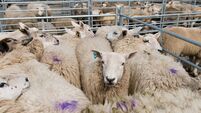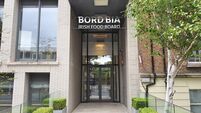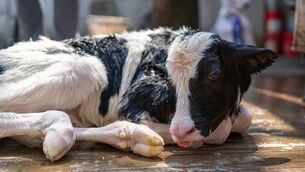The best steps to take to ensure that all is fair in love... and on the land
The Bull McCabe may have taken his love of the soil to the extreme; however, people can identify with his attachment to land.
Folk in rural Ireland have had a love affair with land for centuries. Land is sacred, passed down from generation to generation. It is a person’s sense of identity and place. It is a source of income and pride.










